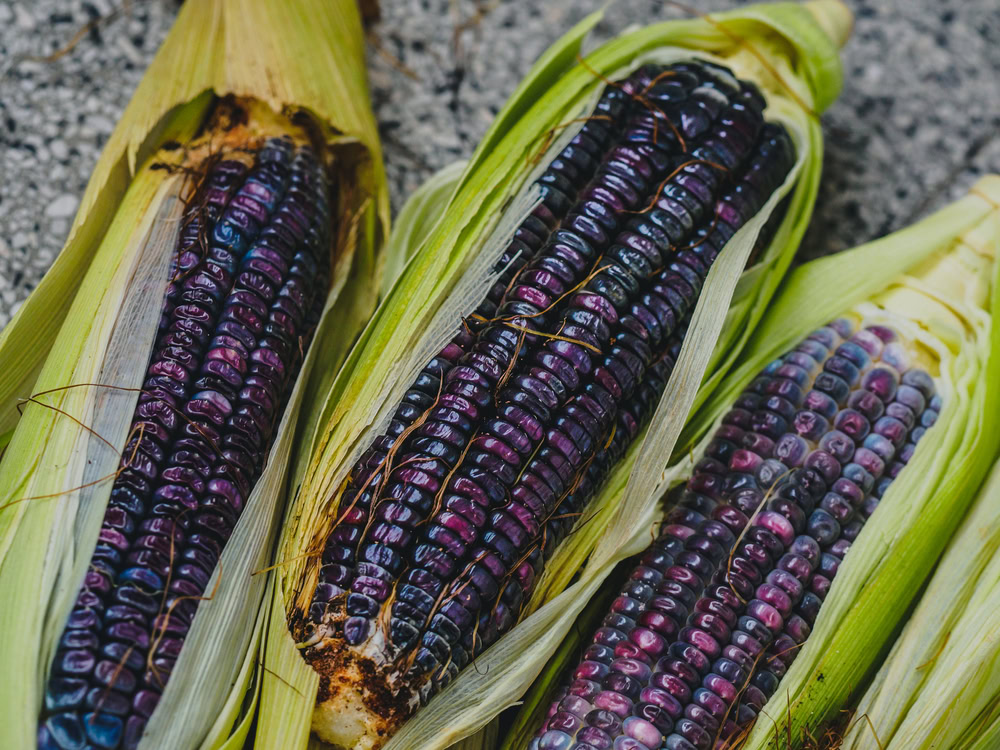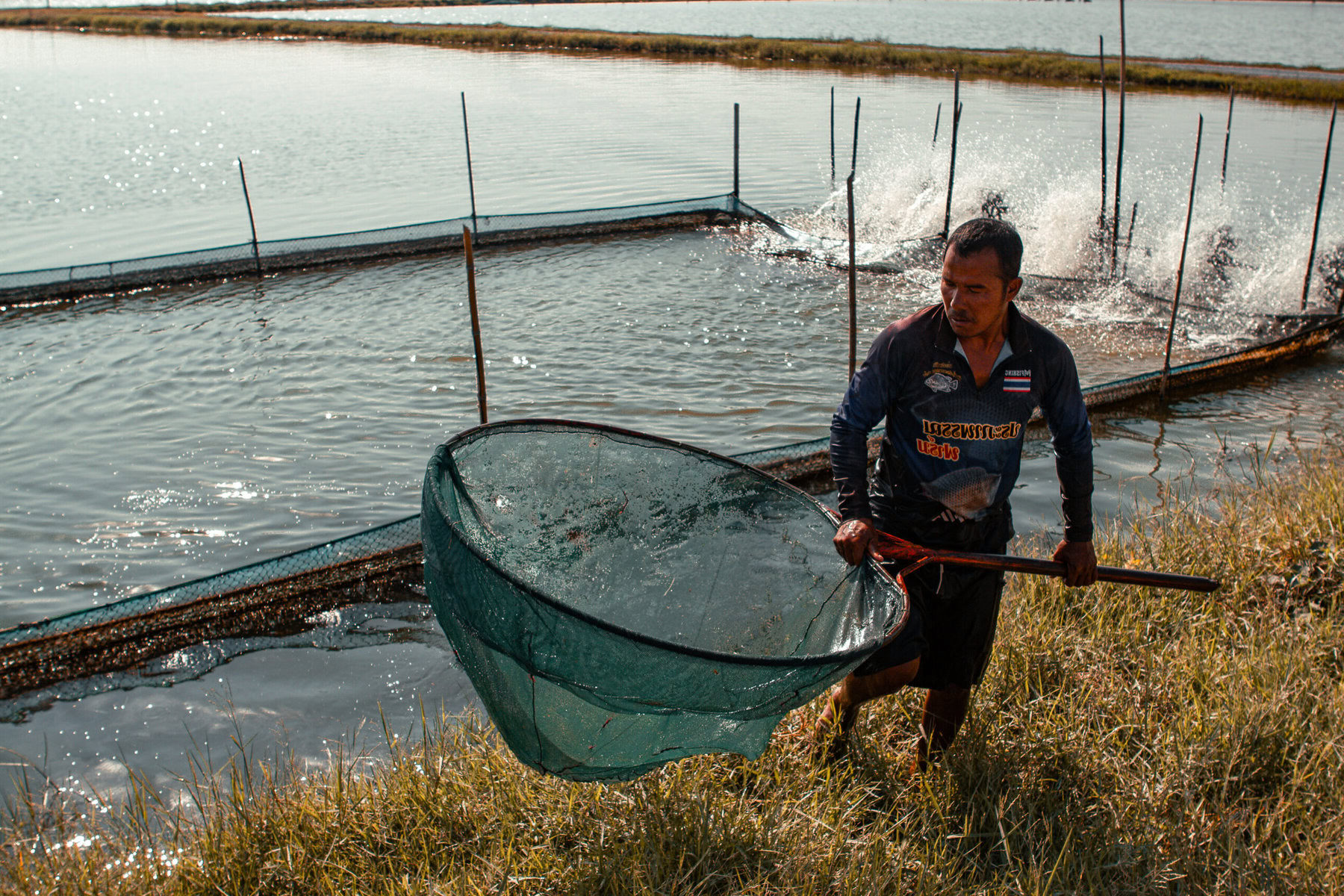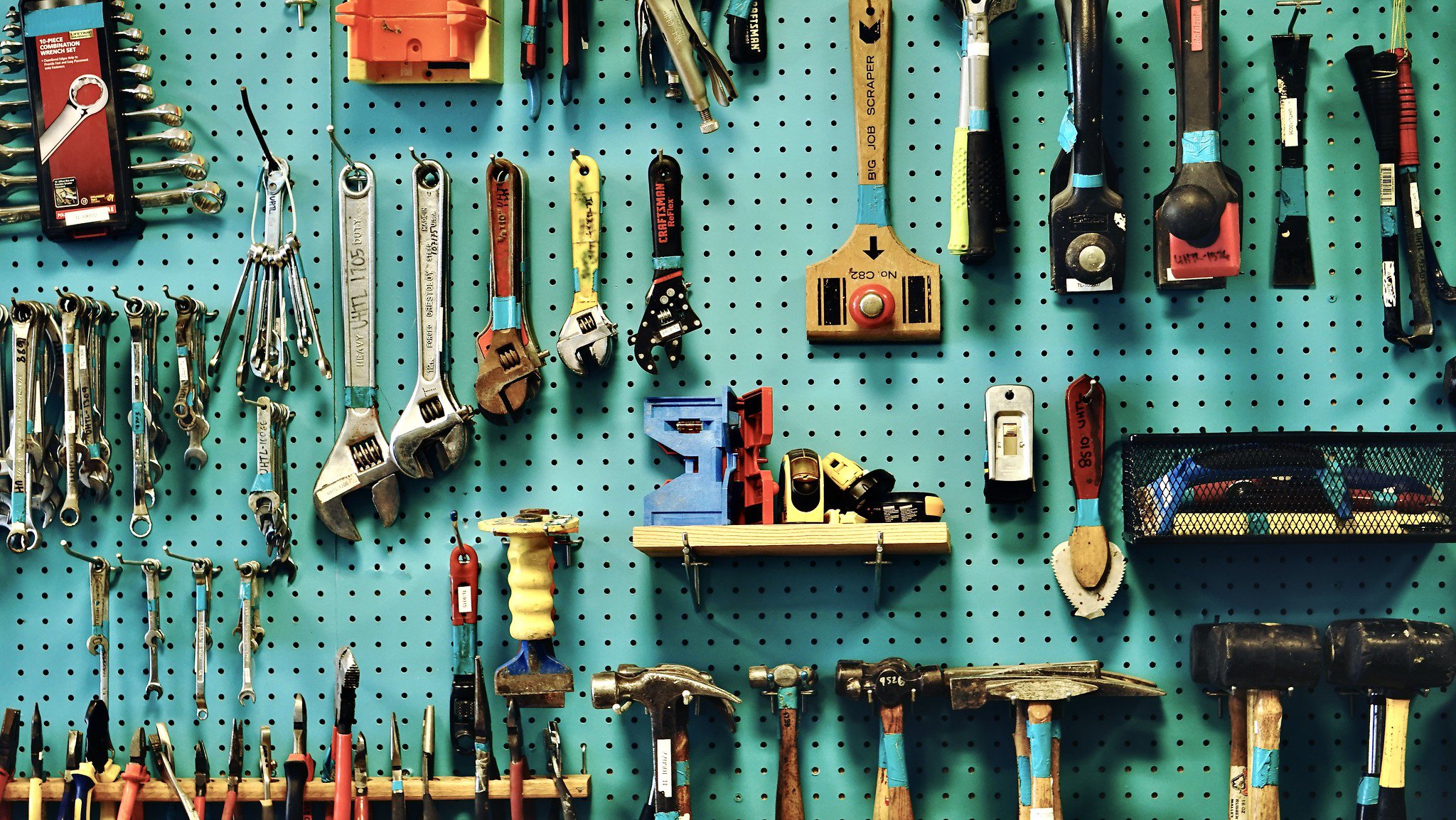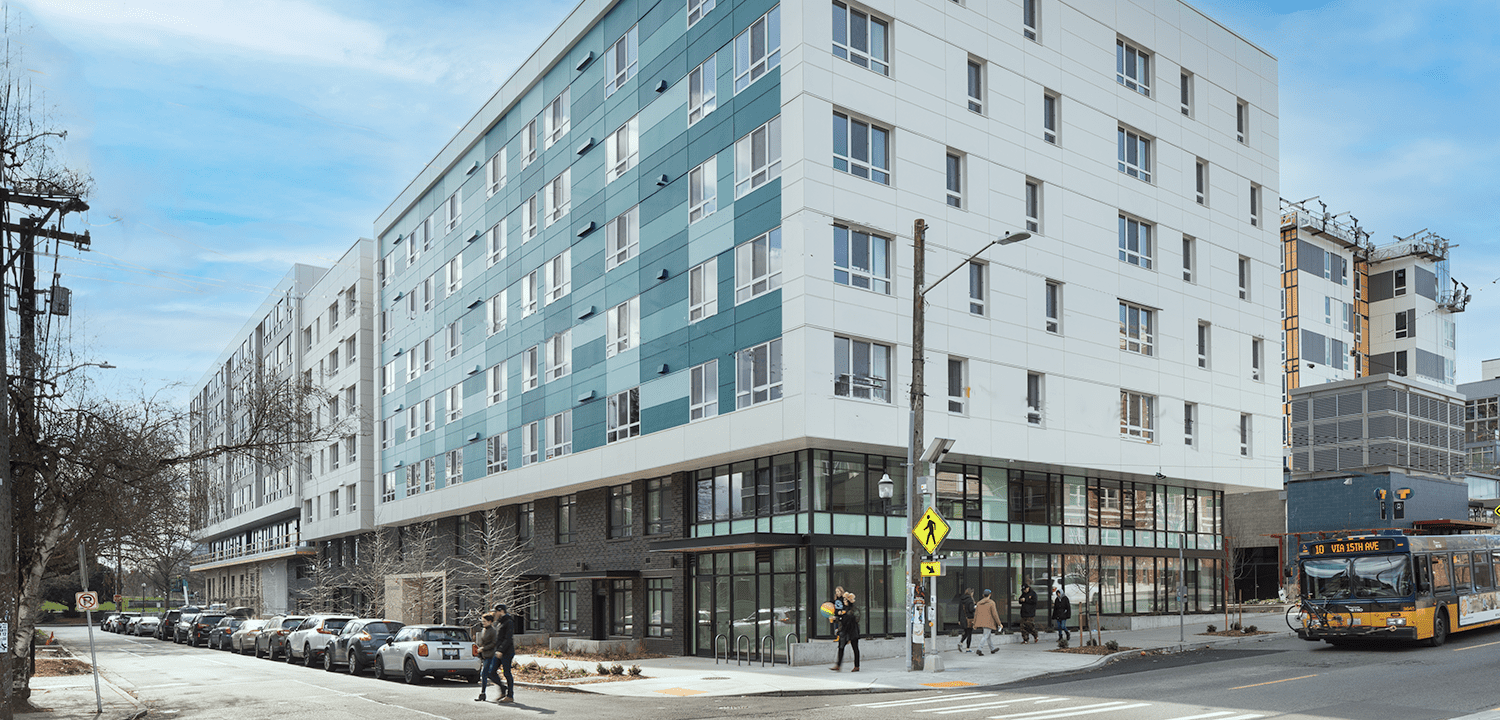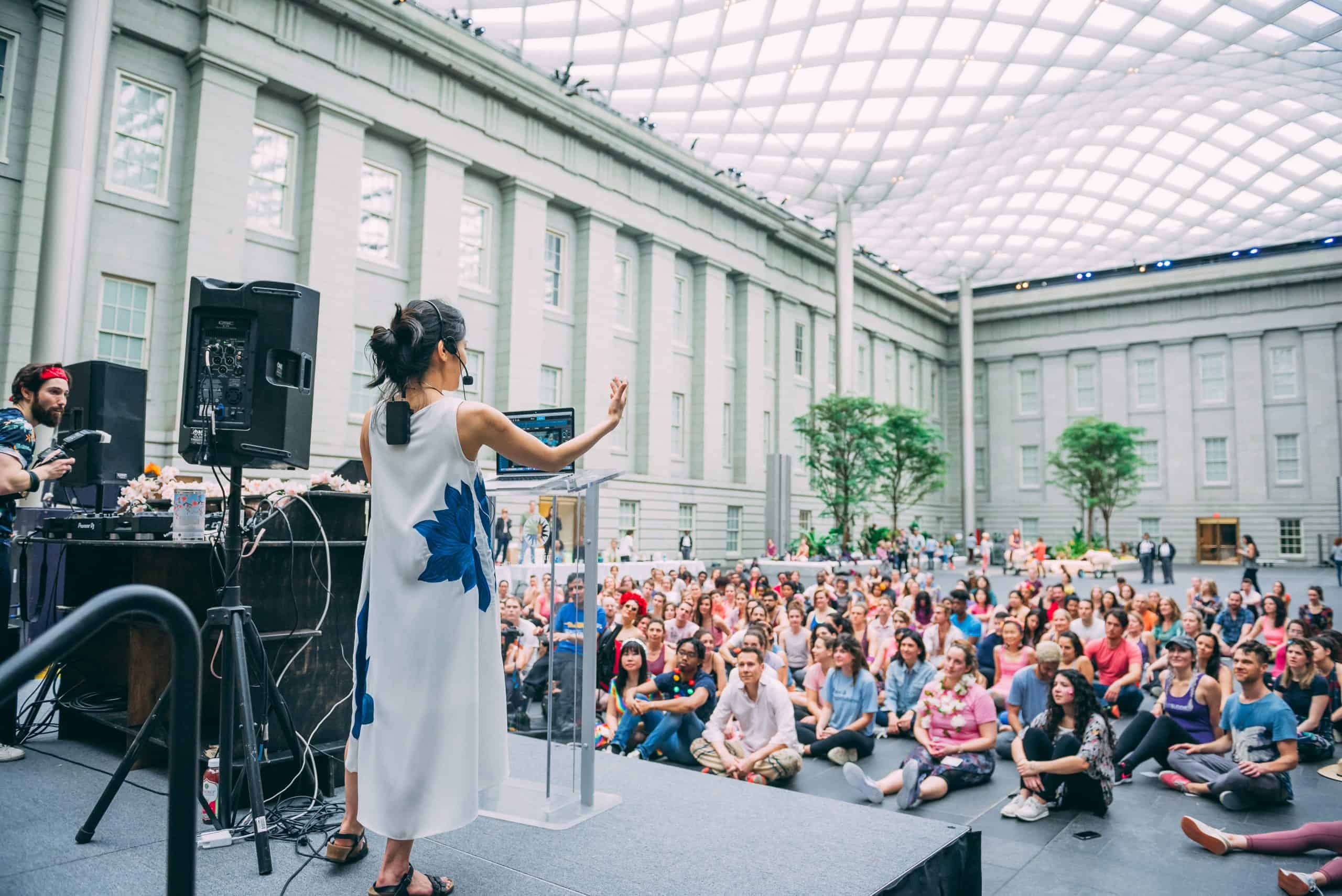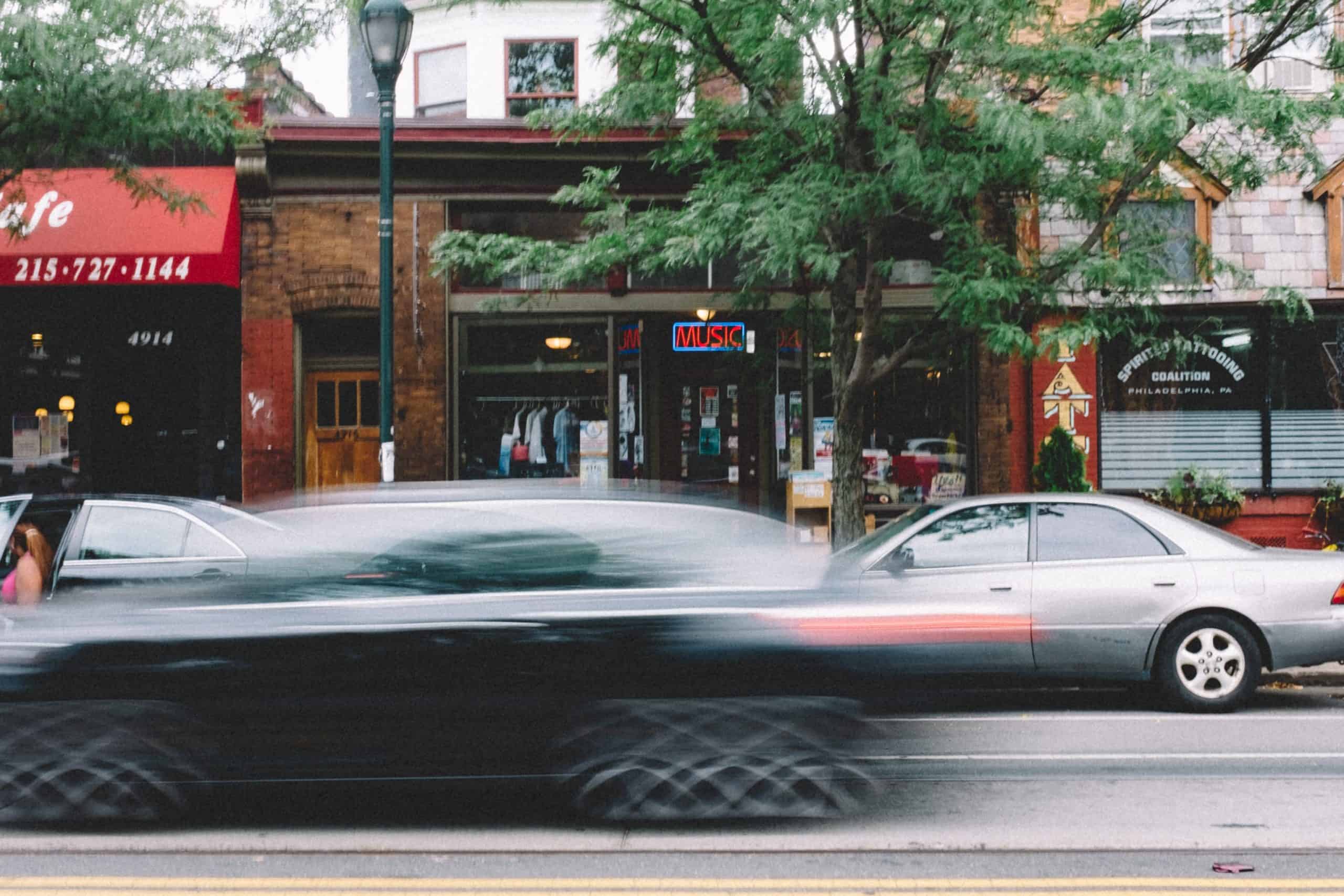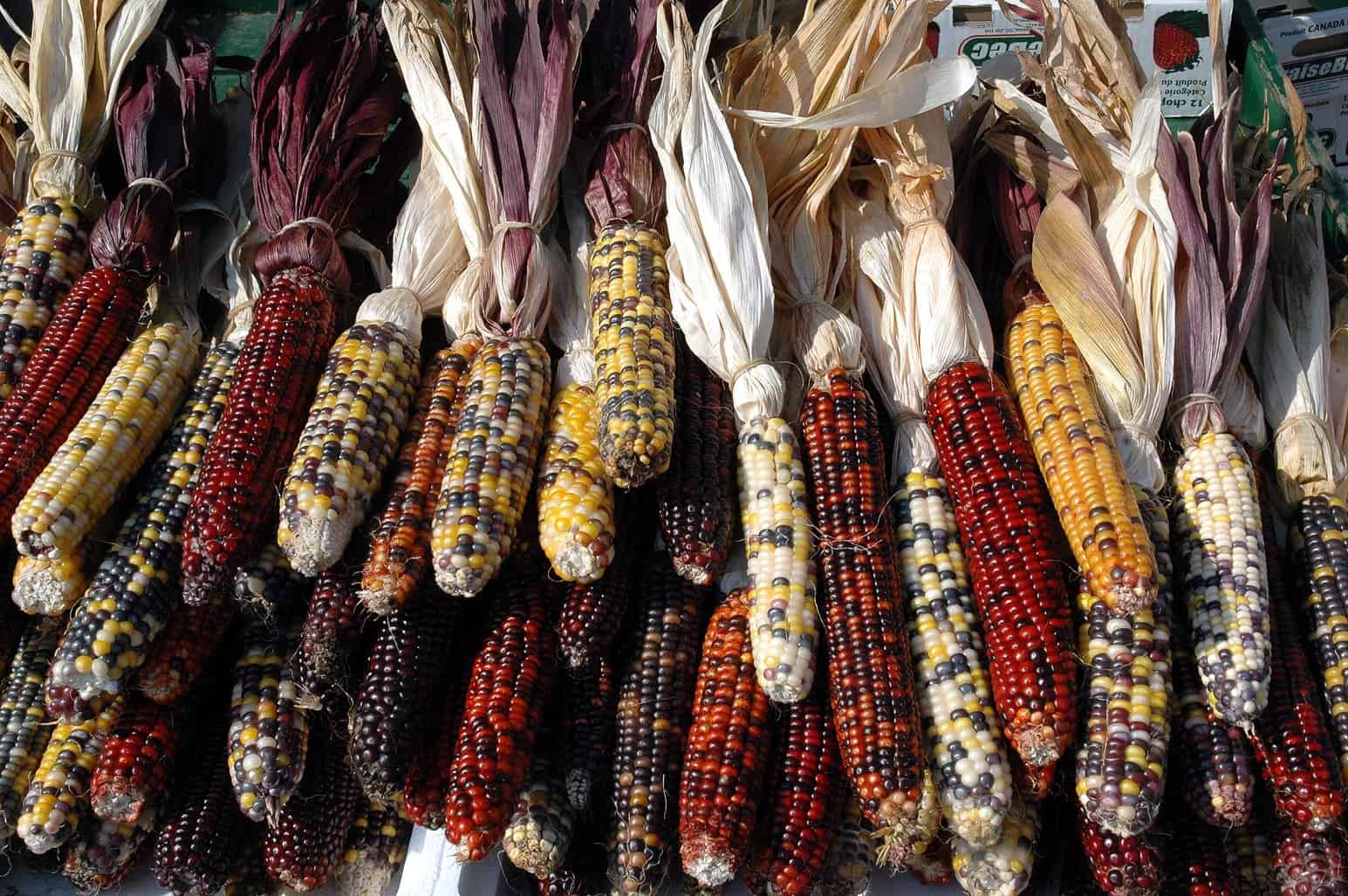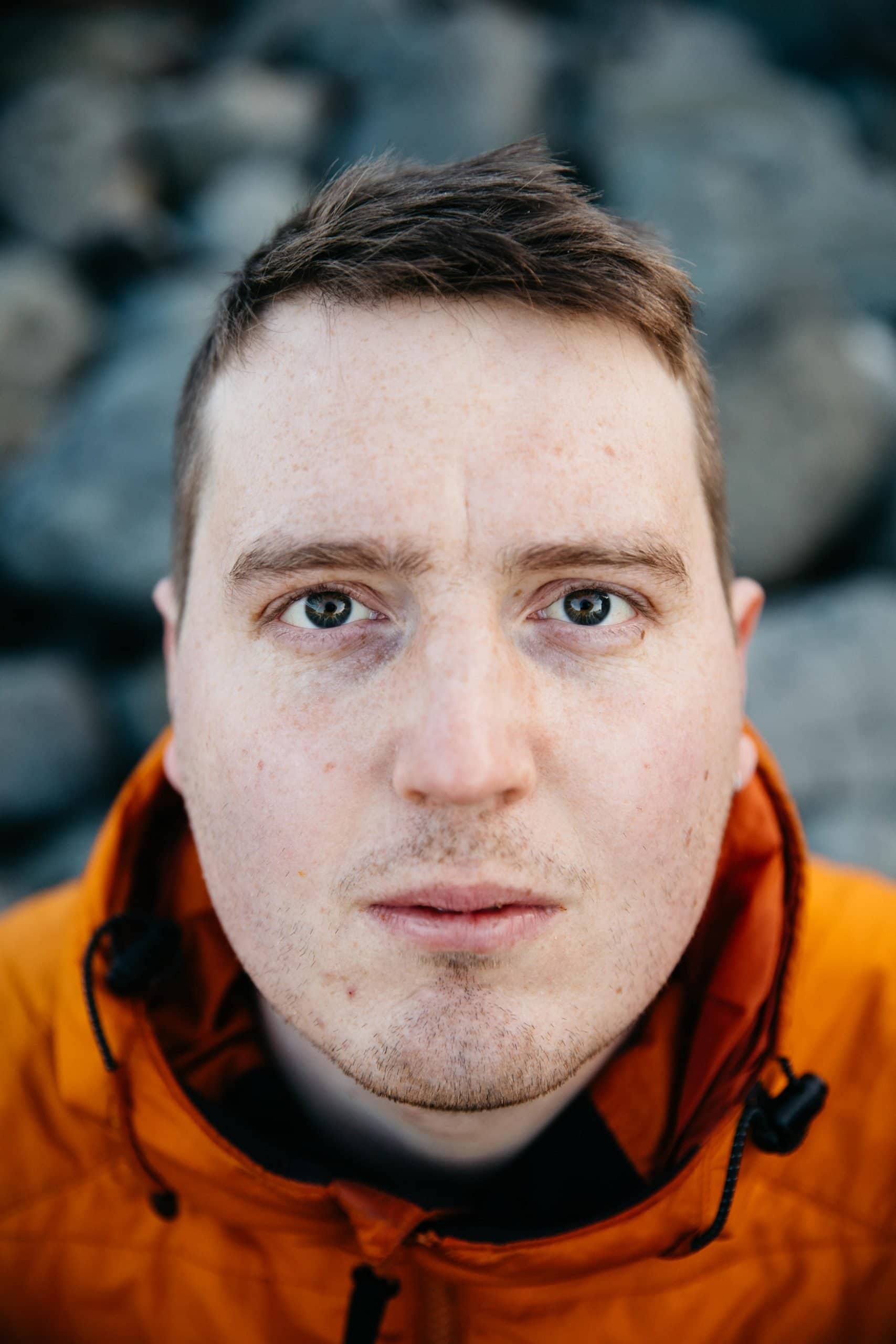It’s a fine, crisp day and the first frost of the season, a significant occasion for any gardener and one that has not gone unnoticed by the seed guardians of the Stroud Community Seed Bank. Beth Richardson, a 27-year-old student midwife and coordinator at the seed bank, meets me by a big compost heap that steams on contact with the icy cold air. The heap, a valuable group resource, belongs to the allotment where Beth grows her crops.
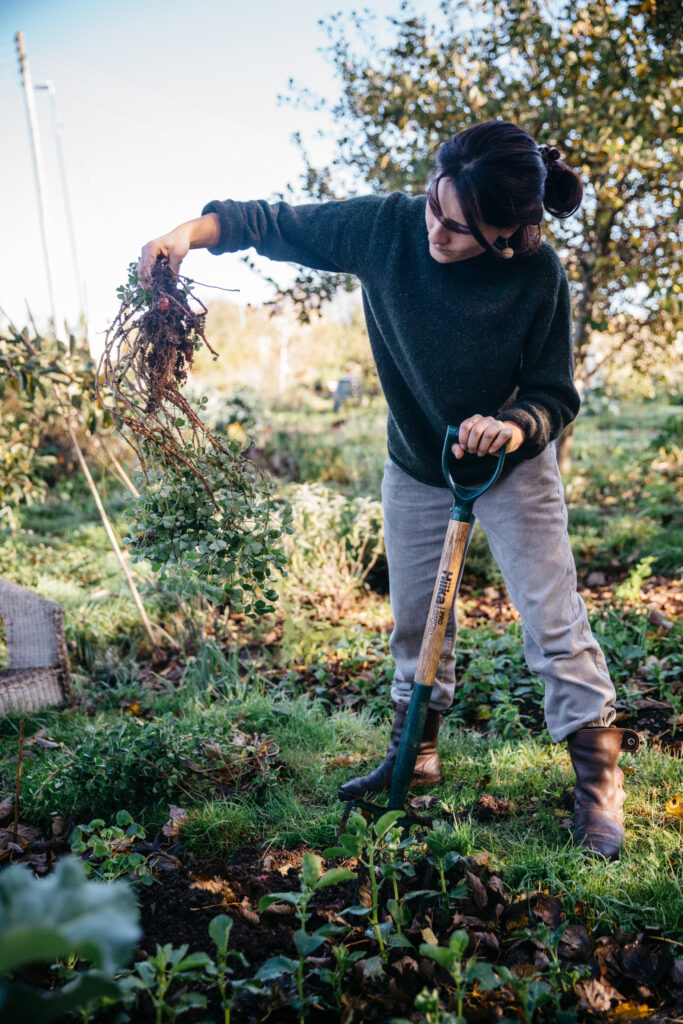
In allotment greenhouses and back-garden potting sheds across towns, cities and villages in the UK, communities of local growers are digging deep and planting the seeds for a richer, more diverse and more resilient food system. It is a trend being repeated all over the world.
“Seeds are so powerful, so vital to life, but the range and variety of seeds that the big companies provide are very narrow,” says Josie Cowgill, one of the Stroud seed bank’s 30-strong growers and seed-savers. “In our small way, we are trying to, in each of our gardens or on the land that we grow food on, increase the biodiversity within our plots and within Stroud.”
The problem they’re helping to solve is this: When everyone buys mass produced seeds at the store, gardens everywhere end up growing plants that are genetically identical, eroding biodiversity. But if individual gardeners select, harvest, save and replant the seeds from their own best-growing plants, biodiversity increases, and with it, botanical resilience to disease and harsh conditions.
The Stroud Community Seed Bank in Gloucestershire is one of hundreds of initiatives across the UK focusing its seed-saving efforts on “open pollinated seed,” which — providing there is no cross pollination — will reliably produce viable, true-to-type plants year after year. Rather than being locked into a cycle of buying new seed every season, seed can be saved and stored for future use. “What we have to do to combat the very narrow genetic basis to our seed is get as many people as possible growing as wide a diversity of seeds as possible,” says Kate McEvoy of Real Seeds, a small-scale producer specializing in open pollinated seed for organic growing.
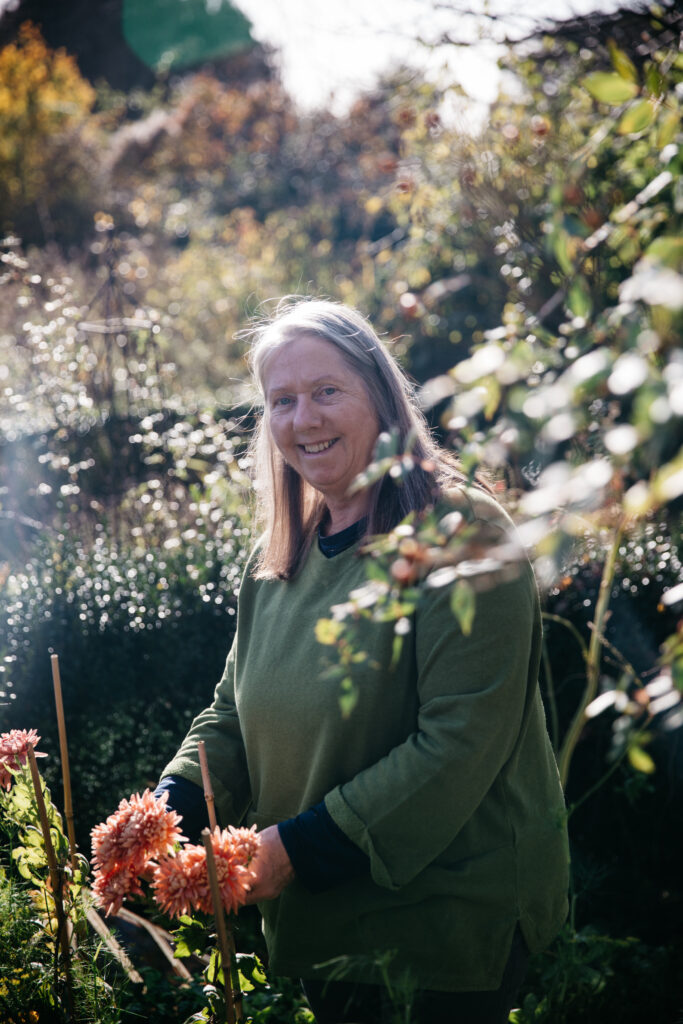
Sally Oates’s garden can be heard before it is seen. Situated among acre upon acre of bare, intensively farmed fields her comparatively small plot of land appears to be a lone island of sweet, thundering birdsong. Oates says her garden, enclosed by luscious green hedges, provides its own compost and its own seeds. “What I would encourage is other gardeners to get together locally and form what is called a seed circle so within the group they can grow their favorite old varieties. When they have surplus seeds they can just exchange them. Even a few gardeners getting together, you can have quite a variety of seeds between you.”
Simon Allen, another of Stroud’s seed guardians, adds: “It doesn’t need a knowledge of genetics, it just needs observation and care.” Richardson explains that “after a number of years, the seed is more adapted to the soils, climate and conditions that it’s been grown in, if the strongest specimens are selected. It’s essentially a better crop grown in Stroud because over the years it has evolved to the conditions here. It becomes a landrace.”
Seed guardian Annie Page, whose polytunnels teem with bright red tomatoes, describes her garden as her sanctuary. It’s not difficult to see why. Rows of cabbages and Thrupp parsnips stand proud in the morning sun that streams into the steep valley.
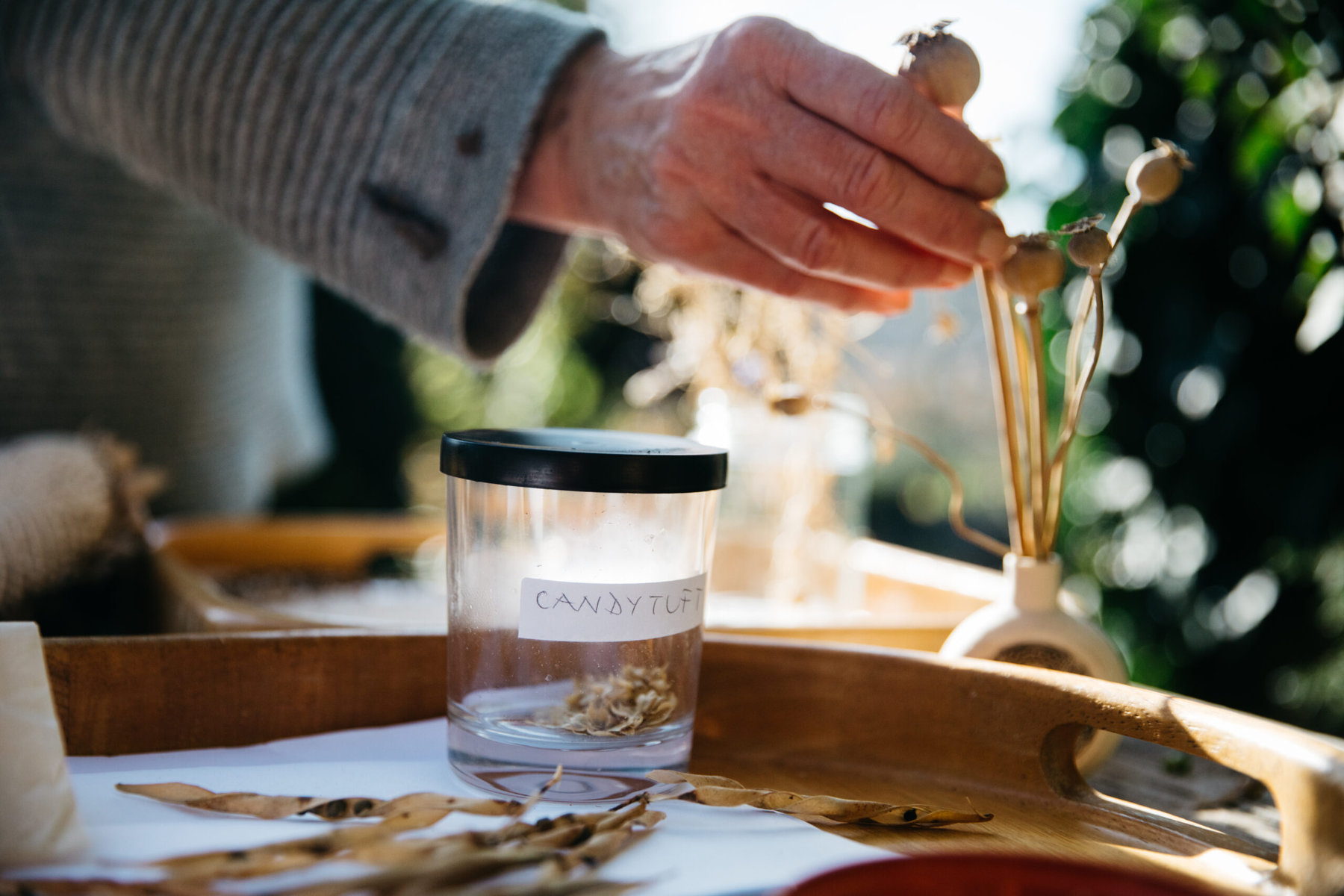
“One of the landrace varieties we all grow is called the Thrupp parsnip. Thrupp is a village just outside Stroud, and the lady who saves the seed has been doing it for years. It grows really well in our area. It has adapted so it’s going to be slightly different to parsnip seeds anywhere else in the world. We are developing the seeds by saving them.”
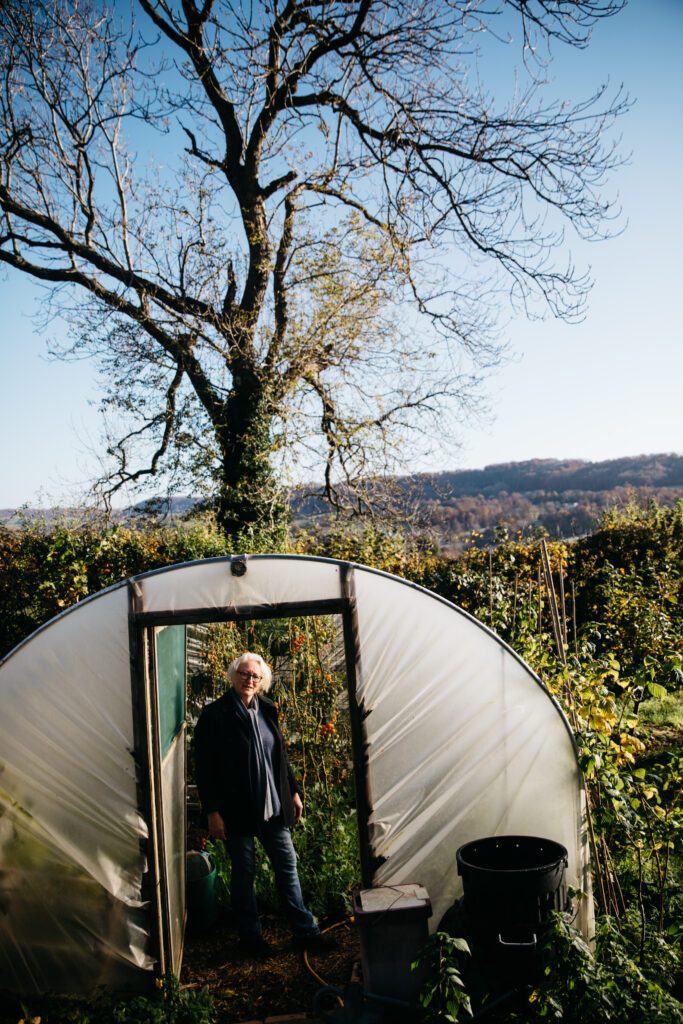
Although there are many safeguards around the world for the preservation of seeds, such as the Svalbard Global Seed Vault and the Millennium Seed Bank at Kew, the continual evolution and specialization of these saved seeds is of significant value to the robustness, resilience and diversity of seed globally. Sinead Fortune, program manager of the Seed Sovereignty Program, says: “By being grown out and maintained by seed guardians, they’re still living and developing. They’re still a real living entity, as opposed to a static seed in a bank somewhere.” McEvoy adds: “The more you have these things being grown on a local scale and by many people, the more resilient it is. You haven’t got just one point of failure. You’ve got multiple backups.”
One of the few upsides of the pandemic lockdowns has been a huge boost in demand for seed. The seed guardians hope this could be the green shoots of a “grow your own” revolution that re-diversifies seed crops. McEvoy says that in the spring not only the Stroud seed bank but “all the home garden seed companies were basically having to just shut down their websites. They had more orders than they could actually get out the door.”
Fortune, who works with many national suppliers, wondered if seed might be the new loo-roll, and if people were stockpiling. The question was whether sales were eventually going to come down but “they’ve stayed constantly much, much higher” she says. “This is promising because it means that maybe a shift is really starting to happen. I think those empty shelves in March and April were a bit of a wake-up call for a lot of people; there’s a groundswell going on. That’s very exciting.
“There are brilliant things going on in every single city,” she adds. “There are community gardens and community allotments. If people don’t have a garden or access to land, there are a lot of initiatives to get engaged on all sorts of levels. I would really urge them to see what is going on in the community.”
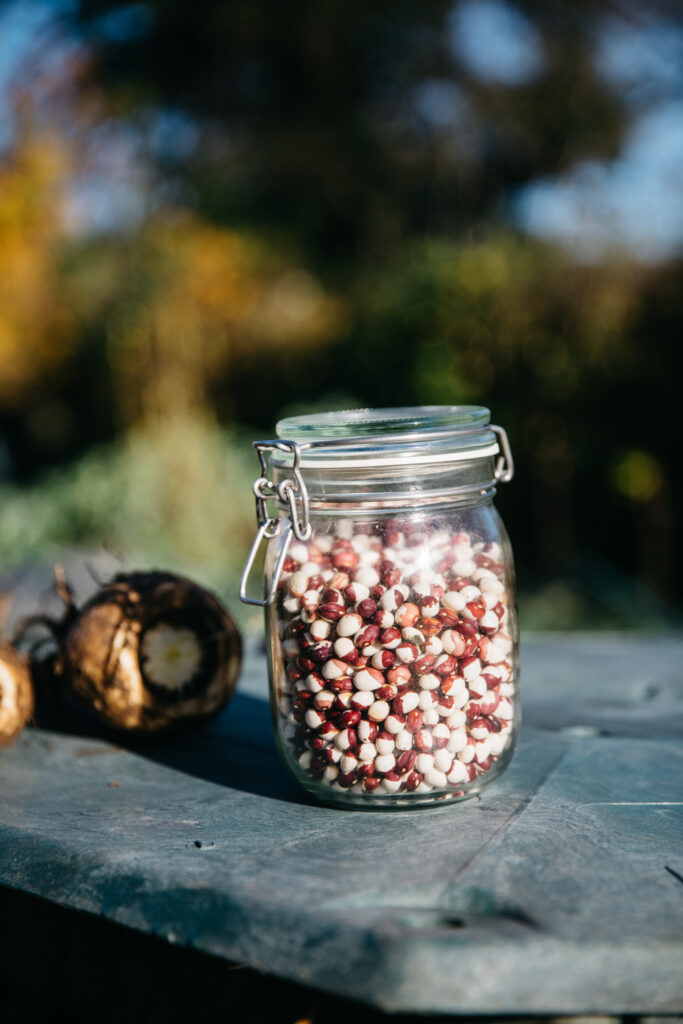
For the seed guardians in Stroud and across the country, the quiet, radical work of drying seeds on window ledges and in airing cupboards continues. Cowgill says the process is “good for the soul” and extends an open invitation to other would-be growers to begin playing in the soil, with potentially hugely positive consequences for the individual and the planet.
She sums up the impact of seed-saving in the context of 2020: “It’s difficult times we are living in. We have got a pandemic, we’ve got climate change, we’ve got biodiversity loss, habitat loss and economic collapse as well. It might feel quite small, just saving beans and growing your own food, but actually I think it is really fundamental.
“By doing something infinitesimally small like this tiny little gesture in a tiny little group, in a tiny little country somewhere, you are working towards something that makes you feel more hopeful. It’s a positive step. I’m not saying this is a magic wand or a cure-all, but it’s a positive step.”
A version of this story appeared in the Guardian.
